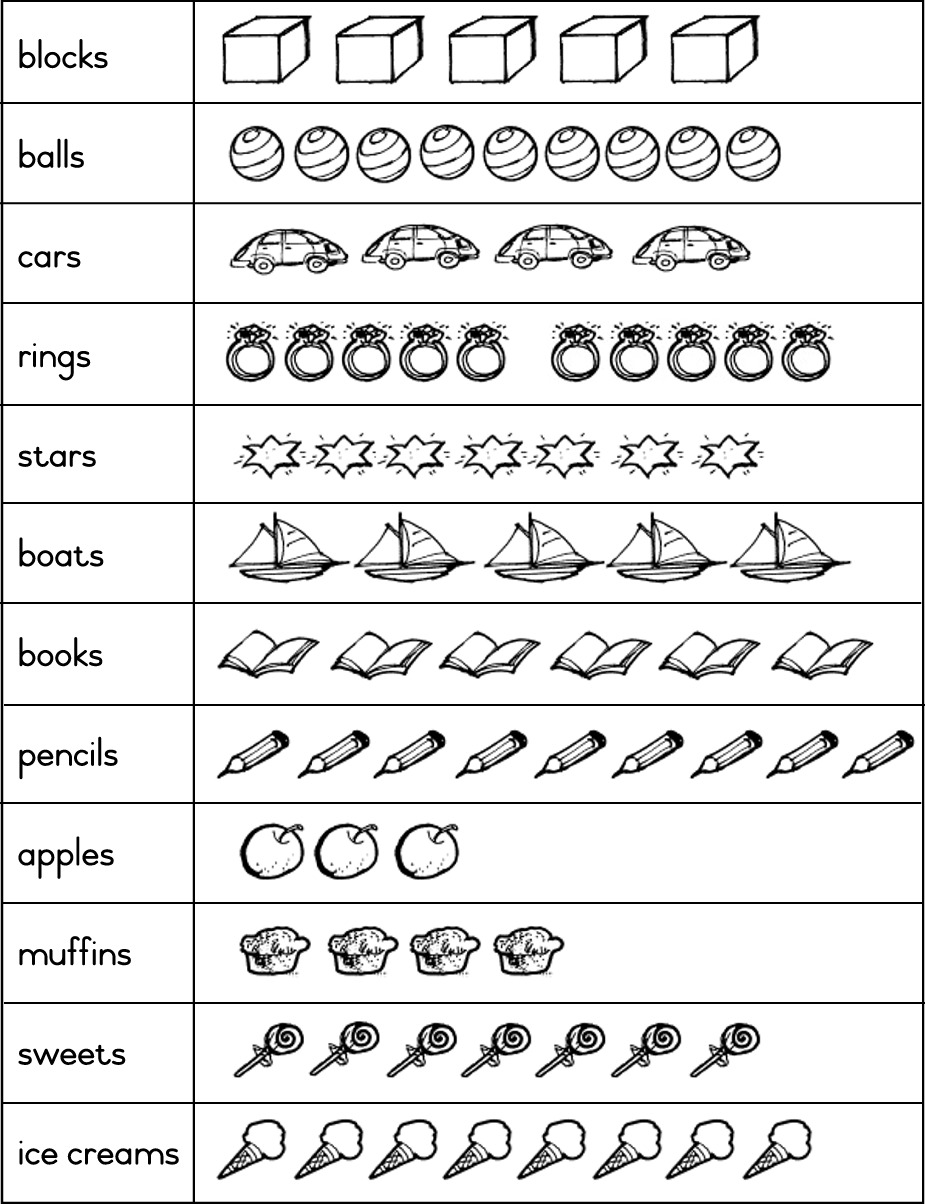| << Chapter < Page | Chapter >> Page > |
Critical and developmental outcomes:
1. identify and solve problems and make decisions using critical and creative thinking;
2. work effectively with others as members of a team, group, organisation and community;
3. organise and manage themselves and their activities responsibly and effectively;
4. collect, analyse, organise and critically evaluate information;
5. communicate effectively using visual, symbolic and/or language skills in various modes;
6. use science and technology effectively and critically, showing responsibility towards the environment and the health of others;
7. demonstrate an understanding of the world as a set of related systems by recognising that problem-solving contexts do not exist in isolation;
8. reflect on and explore a variety of strategies to learn more effectively;
9. participate as responsible citizens in the life of local, national, and global communities;
10. be culturally and aesthetically sensitive across a range of social contexts;
11. Explore education and career opportunities; and
12. Develop entrepreneurial opportunities.
| Critical and developmental outcomes: | Pages: |
| CO 1 | 4, 5, 8, 15 |
| CO 3 | 2, 3, 6, 7, 9, 10, 14, 18, 19 |
| CO 4 | 4, 21 |
| CO 7 | 11, 12, 13, 16, 17, 20 |
| CO 8 | 16, 22 |

| LO 1.4 |

| LO 1.1 |
Learning Outcome 1: The learner will be able to recognise, describe and represent numbers and their relationships, and to count, estimate, calculate and check with competence and confidence in solving problems.
Assessment Standard 1.1: We know this when the learner counts to at least 34 everyday objects reliably;
Assessment Standard 1.4: We know this when the learner orders, describes and compares whole numbers to at least 2-digit numbers.

Notification Switch
Would you like to follow the 'Mathematics grade 1' conversation and receive update notifications?